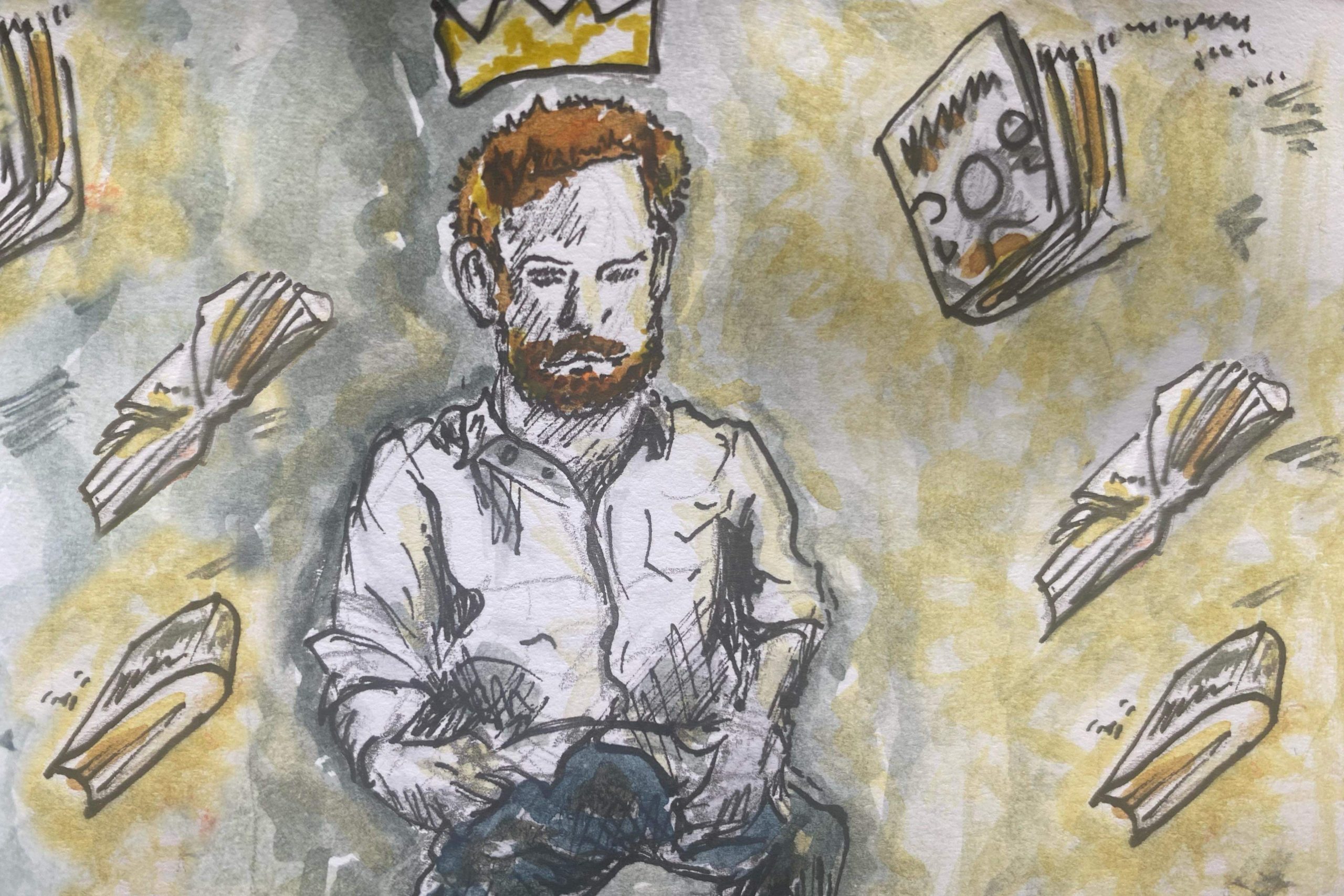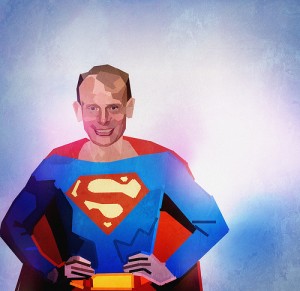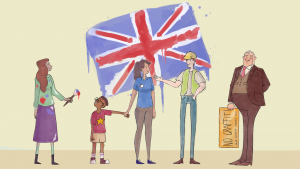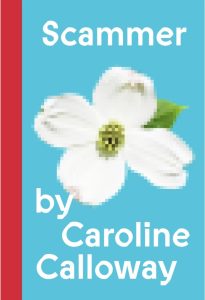
Sharper Than a Serpent’s Tooth: Spare Review
by Madi Hopper | January 30, 2023
‘There is just as much truth in what I remember and how I remember it as there is in so-called objective fact’.[1] Barely a couple of pages in, Prince Harry’s memoir Spare makes it clear that we are about to receive a deeply personal memoir – highlighting the depth of his rift with the Royals. And if there’s one thing the British Royal Family is positively antithetical to, it’s emotional depth. We’ve all heard the classic arguments for and against the monarchy: it’s a hackneyed staple of pseudo-political student discourse (or a fun discussion to have with elderly relatives). Despite the Pulitzer-prize winning credentials of the ghostwriter, J.D. Moehringer – who seems to specialise in memoirs featuring emotionally absent parents – this is a book predicated upon the truth of memory, coloured luridly with personal emotion.
Ever since The Crown, it’s been no secret that the Royal Family is a bastion of the stiff upper lip. But Spare provides us with a picture of a family so dysfunctional it makes the Borgias seem like angels. So what, the Royalists among you might say? Big deal – whose family is perfect after all? Well, the funny thing about Spare is that is frames this dysfunction so neatly as a result of existence as a Royal, that it ends up working pretty well as an unintentional argument for abolition. This definitely wasn’t the aim of the book: Harry makes sure to tell us even as the narratorial dust is settling on Megxit that he’s ‘never had a problem with the concept of monarchy’. But Spare’s illustration of the Royal Family is one emotionally crippled by the function of its own existence. [2]
The book presents the family as an unabashedly Freudian hellscape. As she still is, even nowadays, to much of the UK, Diana is woven throughout the entire book, presented as a kind of omnipresent angel, guiding her wayward son through life’s challenges. Harry’s first thoughts upon finding out his wife was pregnant for the first time were apparently ‘Thank you, mummy’.[3] Though it’s easy to laugh at this sort of thing, which recurs throughout the book with disquieting frequency (and which has inspired everything from house remixes to interpretive dances on social media), it’s interesting to note the simplicity with which the myth of ‘Ar Di’ is echoed. She exists only as the ghost of a perfect woman – even though, of course, she was real, complex, and, equally damaged by the emotional foibles of the British aristocracy. (She was known once to have pushed her elderly stepmother down a flight of stairs, in a fit of rage. As an adult.).
What’s more unsettling is the book’s frankly bizarre attitude to race. Although Harry clearly received a long-overdue awakening to the rank prevalence of racist attitudes in the British press, as well as in his own family, his commentary is still remarkably shallow. Harry’s own attitude to Africa, in particular, is one that I can only attempt to summarise by recommending a listen to the song ‘I Am Africa’ (from the musical Book of Mormon.) Spare seems blissfully unaware of Harry’s family’s direct legacy of colonial devastation – how else could it have off-handedly included a spat with his brother, who pouts that ‘Africa is my thing, and you can’t have it’? [4]. For Harry, the various African countries he visits are little more than an exotic playground, where he can be ‘Happy Spike’ (a nickname picked up on his first gap yah in Botswana) instead of the ‘tightly wound Prince Harry in London’.[5] In the book, Africa is not a real place so much as a sort of coloniser’s nest, where he can recuperate from the harsh ravages of the English party-boy lifestyle. Although he emphasizes his profound respect, almost reverence, for the wildlife, it doesn’t stop his ‘three-phase lads’ trip’ in Maun getting ‘fairly loud and very naughty’, crashing a JetSki into a river filled with hippos and crocodiles.[6] Perhaps the most uncomfortable erasure of post-colonial dynamics is in Meghan’s first visit. As the husband of a woman whose mixed-race identity is an integral part of her public image, the lack of awareness of any description is quite startling. It is impossible to read about the Prince of England giving an African-American woman ‘my best Botswana pitch’ without raising an eyebrow.[7] Here, again, the personal nature of the book works against its interests. One of the driving reasons behind his ‘pitch’ is that ‘it was the place where I’d found myself – where I’d always re-found myself’, with no mention of its history, or its culture, or of their entwinement with his own. Coming from the man who brands himself as the most racially aware member of the Royal Family, it is uninspiring, to say the least.
Spare gives us blinding insight into a family where emotional dysfunction – if not simple emotional abuse – is practically a byword. Generational trauma is rife, even before the death of Diana: Spare shows us the monarchy as an institution fundamentally harmed by its own existence. In an era where psychologists such as Brian Klaas have argued that there ought to be an emotional capability screening for top jobs like Prime Minister, do we really want the new King to be someone so emotionally constipated that he was unable to hug his own sons as he told them their mother was dead? The unassuming poignance of this moment is made almost unbearable by the young Harry’s easy rationalisation – that ‘he wasn’t great at showing emotion under normal circumstances…how could he be expected to in this crisis?’.[8] Spare pathologises this behaviour to some extent, pinpointing its roots in his austere, aristocratic childhood and his persecution at the hands of boarding school bullies, presenting the reader with the pitiful image of the adult Charles’s attachment to his childhood teddy bear, ‘a pitiful object…which went everywhere with Pa’.[9]
Since Nick Duffield’s ground-breaking book The Making of Them (2000) posited that boarding school has a definitive effect upon its students (though not necessarily a negative one), the ruinous state of British politics has proven that these same characteristics make poor leaders. ‘Peter Pan syndrome’, a fragile sense of self and emotional illiteracy – demonstrated so clearly within the book by the pathetic figure of Charles – are by no means common to all those who undergo a traditional upper-class upbringing, but they are a common outcome of the system. The very same system designed to produce kings seems instead to have a tendency to damage its subjects so heavily that they are unable to effectively parent their own children, let alone lead a country. Indeed, Jeremy Paxman argued recently that even the modern public school is effectively ‘devoid of morality’, producing pupils who are ‘essentially out for themselves’.
I am not suggesting that boarding school students are emotional wrecks who are unfit to hold positions of power. But I am saying that this sort of hyper-traditional upbringing does nothing to counter the additional pressures of simply existing as a Royal. The strictures of growing up within an environment that defines itself as ‘a firm, not a family’, a quote widely attributed to Prince Philip, are unlikely to challenge the mindset that this kind of education seems poised to produce. Even if the Royals were suddenly to embrace a more modern, demonstrative style of parenting (as the tabloids desperately try to convince us the Cambridges are), royal protocol clearly does not have a child’s best interests at heart.
Think of the image of child princes forced, because of ancient tradition, to walk miles behind their own mother’s coffin in public, unable to cry even as a thousand strangers sobbed hysterically over a woman they had never met. Think of an existence as a pawn in your parent’s PR machine, so much so that the great British public feels a sort of entitlement to the intimate details of your life, every teen-aged misadventure – the ‘Hooray Harry’ era – splashed across the tabloids.[10] Of course, in return for this, the Royals receive a life of wealth and privilege beyond most of our wildest dreams: for some, feeling sorry for the Royals is feeling sorry for someone who is crying all the way to the palace (or this palace, or that palace…). But the monarchs and the monarchy as presented in Spare are of an institution that irrevocably and inextricably damages the very people it favours, almost as a function of their exalted position. Take the younger generations:William and Kate, in particular, have pushed the idea that they are modern, demonstrative parents. But Harry emphasizes that one of the most traumatic results of his royal heritage is ‘in the Press, and the sick relationship that’s evolved between it and the palace’.[11] Given that the modern family serves no ostensible purpose other than to be seen, they must commit themselves and their family to a life lived in public service. Yet their children (and the freshly postpartum Kate) had to run the gauntlet of the paparazzi days after their births – something the Royalist likes of Piers Morgan would probably be horrified by if it was a Kardashian in the pictures. If your only reason for existence is a life of public service, that also means you’re up against exacting standards. The trouble with growing up in the public eye is that every little slip-up is imprinted upon the cultural zeitgeist. How would you feel if you found out your dad had inspired the hashtag ‘Prince of Pegging’?
The comedian John Oliver once described the Royal Family as ‘an emotionally stunted group of fundamentally flawed people doing a very silly pseudo-job.’ By giving the world his truth, his whole truth and nothing but his truth, the Spare has laid himself bare in a way that no currently serving Royal could ever hope to, liberating himself from the press by taking their role for himself. Unfortunately, by doing this, he’s proved Oliver’s point so spectacularly that even Royalist readers will be left questioning the point of the monarchy. Shown to be doing neither its subjects nor its rulers any real good, it makes you wonder – if no one is having a good time, perhaps we ought simply to call it a day. For all our sakes. ∎
[1] Spare, p.13
[2] p. 386
[3] p. 349
[4] p. 230
[5] p. 280
[6] P.282
[7] p. 279
[8] p. 19
[9] p. 40
[10] p. 157
[11] p. 386
Words by Madi Hopper.




